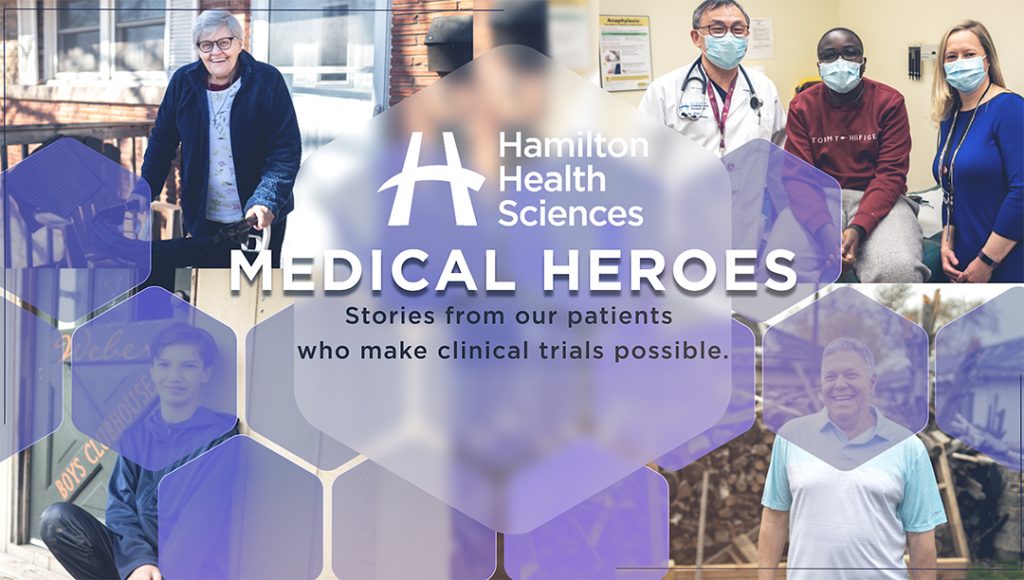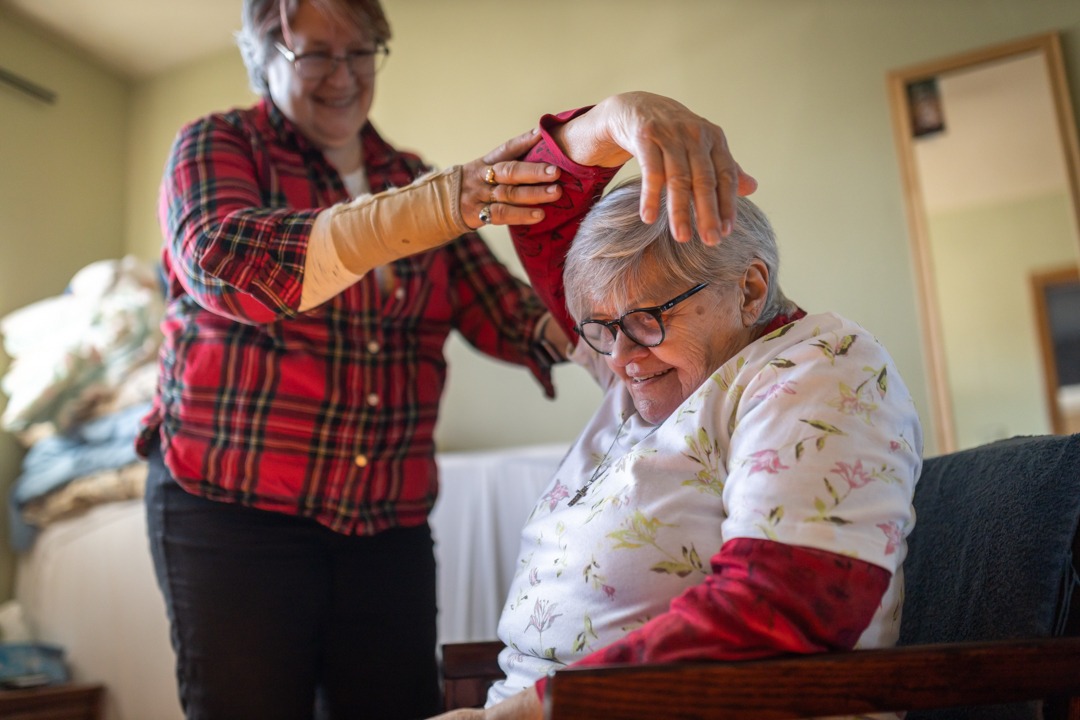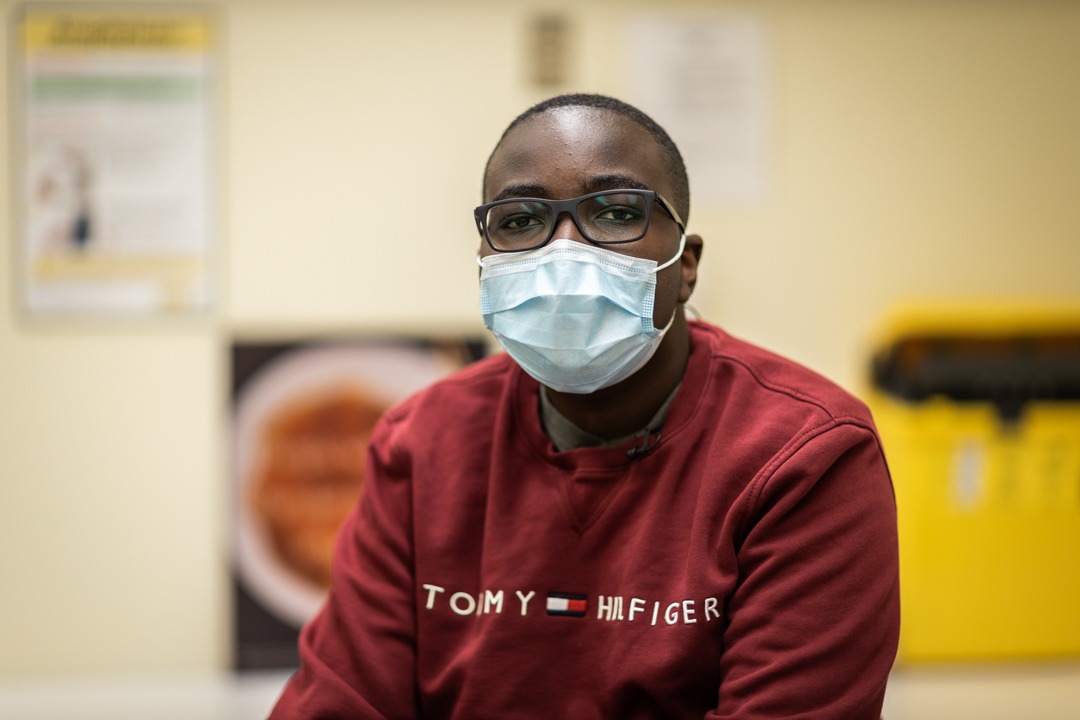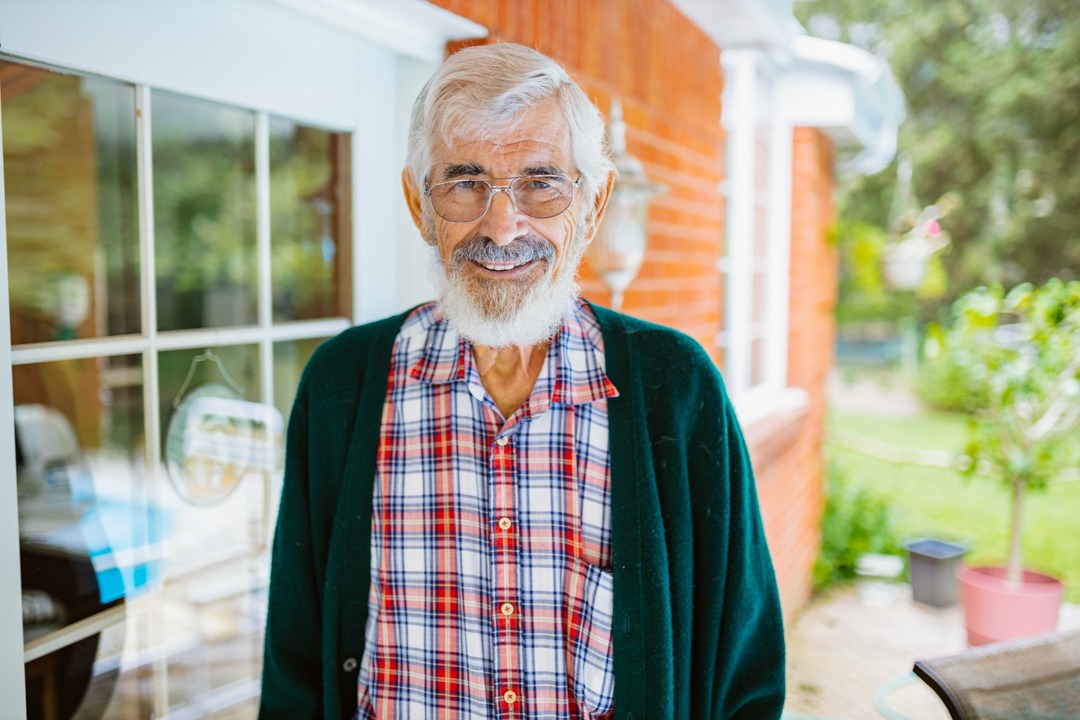
Celebrating HHS `Medical Heroes’ who make clinical trials possible
It all started with a lemon. Or maybe it was an orange.
On May 20, 1747 aboard the HMS Salisbury of Britain’s Royal Navy, surgeon mate James Lind suspected that scurvy could be cured by introducing acids to sailors’ diets. Lind recruited 12 sailors, dividing them into pairs and allocating each pair to a daily treatment regimen for two weeks that included cider, vinegar, sea water and citrus fruit. The pair eating citrus fruit saw their symptoms improve.
Medical Heroes
International Clinical Trials Day is celebrated around the world each May 20 to recognize the day that Lind started what is often considered the first clinical trial. While Lind is the hero of this narrative, let’s not forget the sailors who participated in his experiment. These `Medical Heroes’ made Lind’s findings possible.
“Starting today and leading up to May 20, Hamilton Health Sciences (HHS) is sharing stories of cutting-edge clinical trials happening at our hospital system,” says Dr. Ted Scott, vice president of research and chief innovation officer for HHS.

Dr. Ted Scott
“Our Medical Heroes series features HHS patients, ranging in age from 12 to 83, who have volunteered to try new medications, treatment regimens and lifestyle routines in hopes of improving their health as well as the health of people locally, nationally and globally. You’ll also meet HHS researchers leading these groundbreaking trials.”
How clinical trials work
Clinical trials are a type of research involving a drug, a procedure or device, or a change to someone’s lifestyle such as exercise or diet. Trials are used to determine safety and effectiveness of potential new treatments. These advancements would not be possible without our patient volunteers.
Trials are often conducted in collaboration with universities and industry such as innovation, pharmaceutical and biotechnology partners provincially, nationally and internationally.
Trials involving new medications are done in phases so researchers can learn about them in a gradual and safe way. Phase 1 checks for safety, phase 2 looks at effectiveness, phase 3 compares the treatment on trial to the current treatment and phase 4 focuses on what happens in the long-term. HHS conducts trials in all four phases.
Leading the way
HHS is a world leader in advancing and creating new knowledge through research activities that span the full spectrum of human health from neo-natal to older adults.
Our five joint research institutes/centres are the Population Health Research Institute (PHRI), the Thrombosis & Atherosclerosis Research Institute (TaARI), the Escarpment Cancer Research Institute (ECRI), the GERAS Centre for Aging Research and the Offord Centre for Child Studies. Our state-of-the-art research facilities are incubators that aim to solve medical mysteries that plague modern society and the developing world.
HHS was ranked fourth in Canada’s Top 40 Research Hospitals 2020 by Research Infosource Inc., an independent, leading source of ranking information on Canadian research hospitals, universities, colleges and corporations.
Over 140 new clinical trials are started at HHS each year. As of 2020, there are over 400 researchers at HHS and in 2019, there were approximately 22,845 study participants enrolled in HHS clinical trials.
“We look forward to sharing some examples of this exciting research – and our Medical Heroes who make it all possible,” says Scott.
HHS is recognized as one of the world’s leading health sciences research organizations. The HHS Medical Heroes series celebrates the contributions of clinical trial volunteers in the advancement of medical knowledge gained through studies that help with detecting, diagnosing, treating and preventing diseases. Medical Heroes stories are running throughout May, in recognition of International Clinical Trials Day on May 20.








